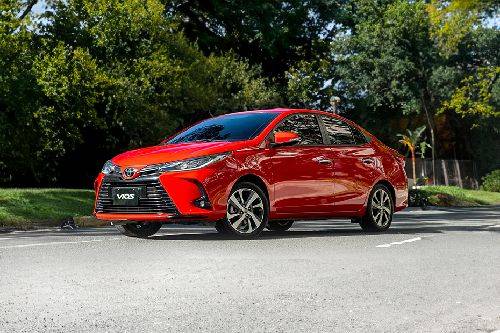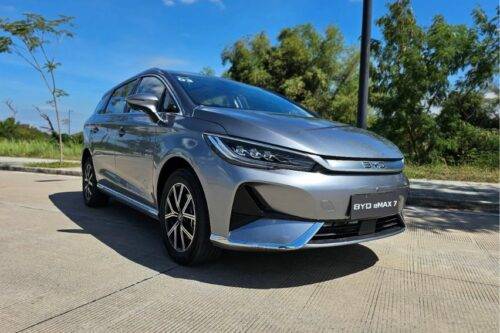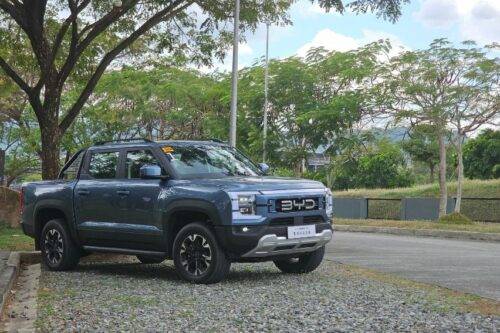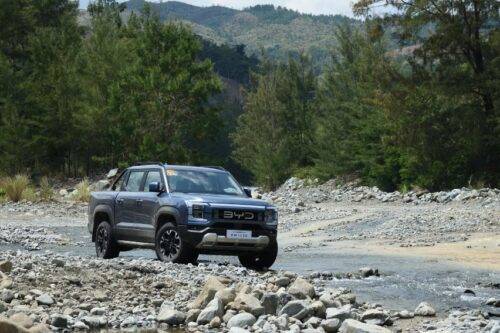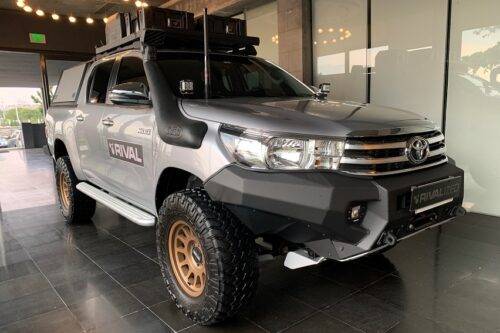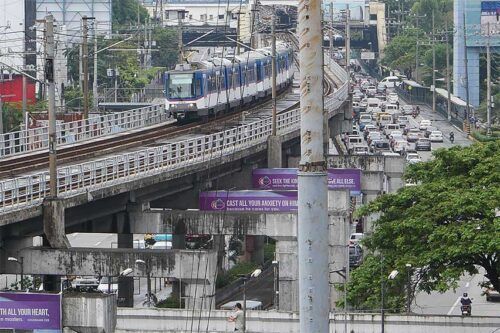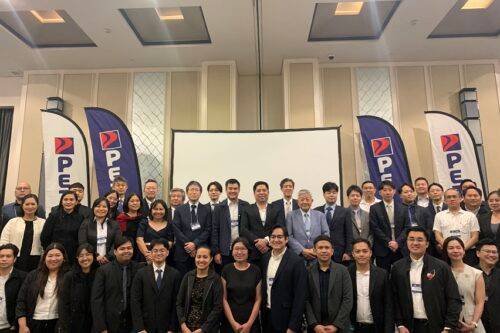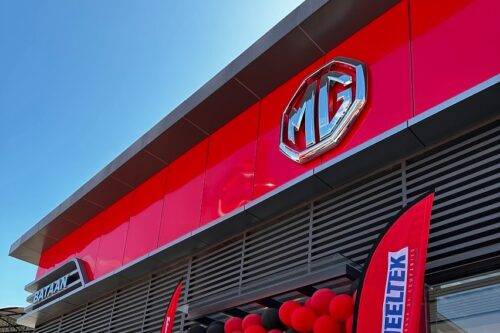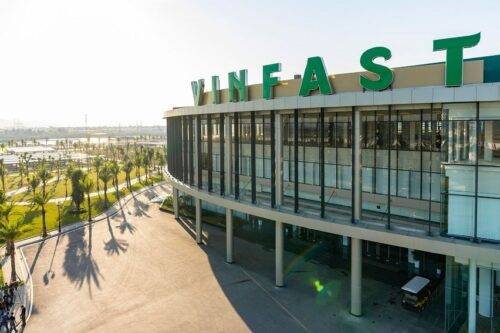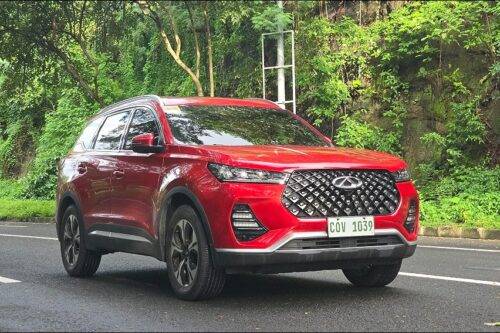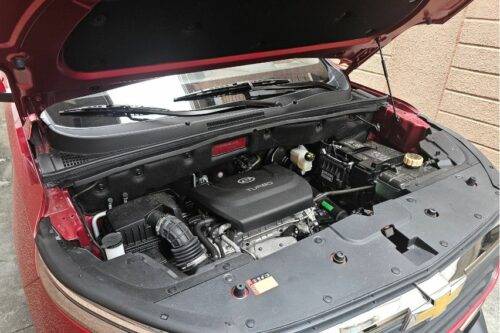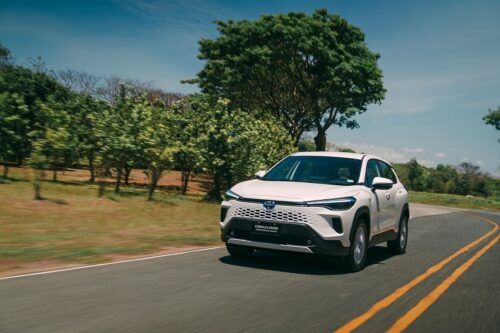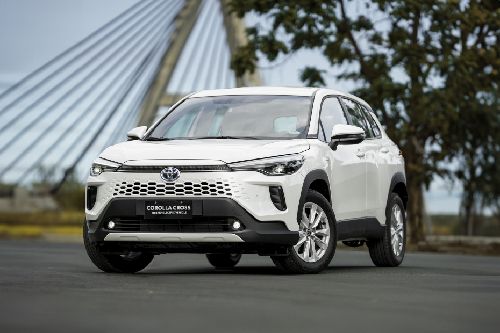Toyota ushers in next phase of automotive safety research with launch of 9 new projects
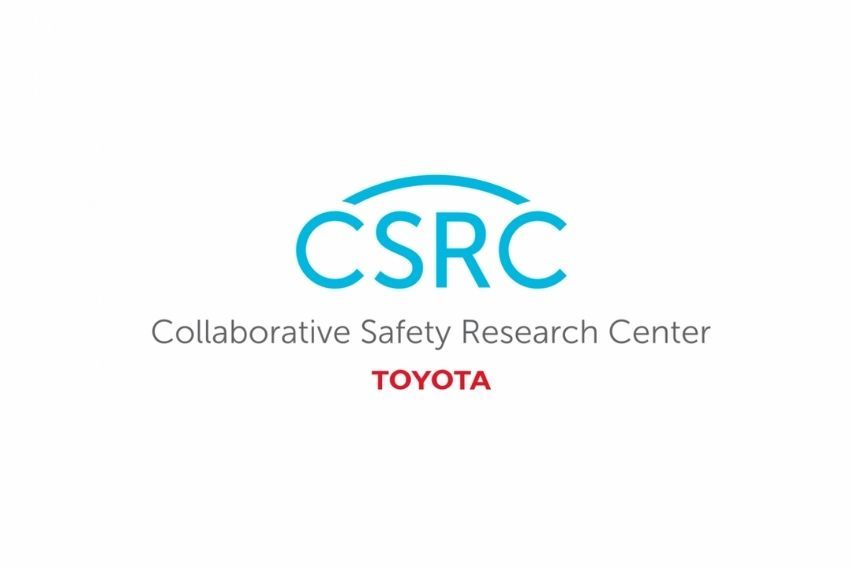
MANILA: Toyota's Collaborative Safety Research Center (CSRC) announced the commencement of nine new projects as part of the next stage of its groundbreaking vehicle safety research, which is supported by a new five-year, US$30-million commitment announced last year. The new research projects will explore the diversity of safety issues and examine safe mobility alternatives that meet a variety of applications, physical characteristics, and levels of accessibility for people and society.
KEY TAKEAWAYS
What are the nine new projects introduced by Toyota's Collaborative Safety Research Center (CSRC)?
The nine projects include Tailored Training Based on Driver’s Self-perceptions and Knowledge, Risk-Anticipation Training to Enhance Novice Driving, Caregivers’ Attitudes Towards Pediatric Vehicular Heatstroke Risks and Solutions, Library of Real-world and Simulated Corner Cases for AVs-Vulnerable Road User Crashes and Interactions, Evolving Characteristics of Non-Driving Activities, Quick Response Consumer Education Needs and Over-the-Air Updates, Driver Evasive Action Trends in Intersection Crashes, Predicting Behavior of Vulnerable Road Users (Bicycle & e-Scooter), and Equity in Crash Protection: Considering Human Variation for Assessing Injury.What is the objective of CSRC?
Toyota established the CSRC to promote traffic safety for the industry and society by forming open partnerships with universities, hospitals, and other organizations.“The foundation of CSRC is built on collaborations to tap outstanding safety researchers and institutions throughout the country, and we’re excited to continue these strategic partnerships into the future. As we explore inclusive safety technologies for meeting unique and ever-evolving needs in our pursuit of mobility for all, we’ll also continue to publish our CSRC research discoveries for others to help foster societal benefit,” Toyota’s CSRC and Future Research Department (FRD) Director Danil Prokhorov stated.
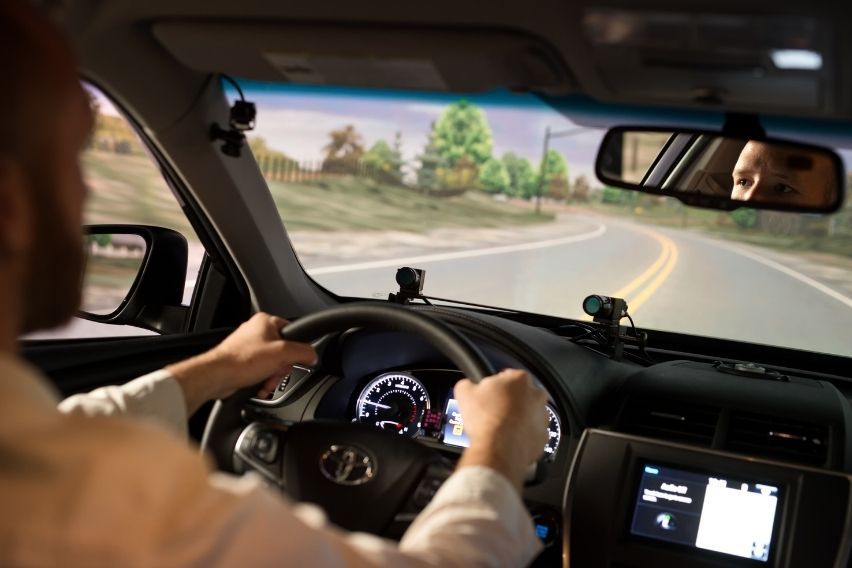
The University of Massachusetts-Amherst, Children's Hospital of Philadelphia, University of Michigan Transportation Research Institute, Massachusetts Institute of Technology, University of Iowa, Virginia Tech, and Indiana University-Purdue University Indianapolis will all contribute expert knowledge to the new projects. To achieve optimum results from these partnerships and studies for the development of vehicle safety industrywide, data from each project will be disseminated and openly presented.
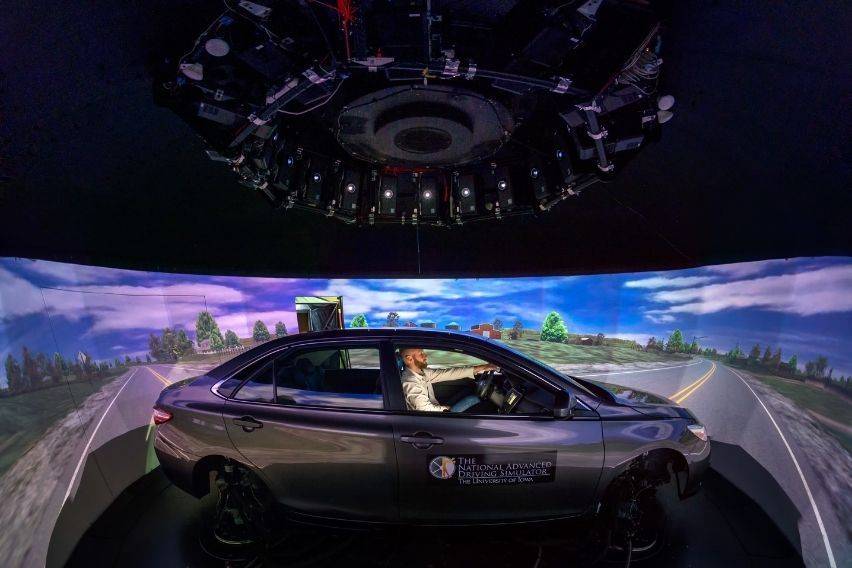
The nine projects include Tailored Training Based on Driver’s Self-perceptions and Knowledge, Risk-Anticipation Training to Enhance Novice Driving, Caregivers’ Attitudes Towards Pediatric Vehicular Heatstroke Risks and Solutions, Library of Real-world and Simulated Corner Cases for AVs-Vulnerable Road User Crashes and Interactions, Evolving Characteristics of Non-Driving Activities, Quick Response Consumer Education Needs and Over-the-Air Updates, Driver Evasive Action Trends in Intersection Crashes, Predicting Behavior of Vulnerable Road Users (Bicycle & e-Scooter), and Equity in Crash Protection: Considering Human Variation for Assessing Injury.
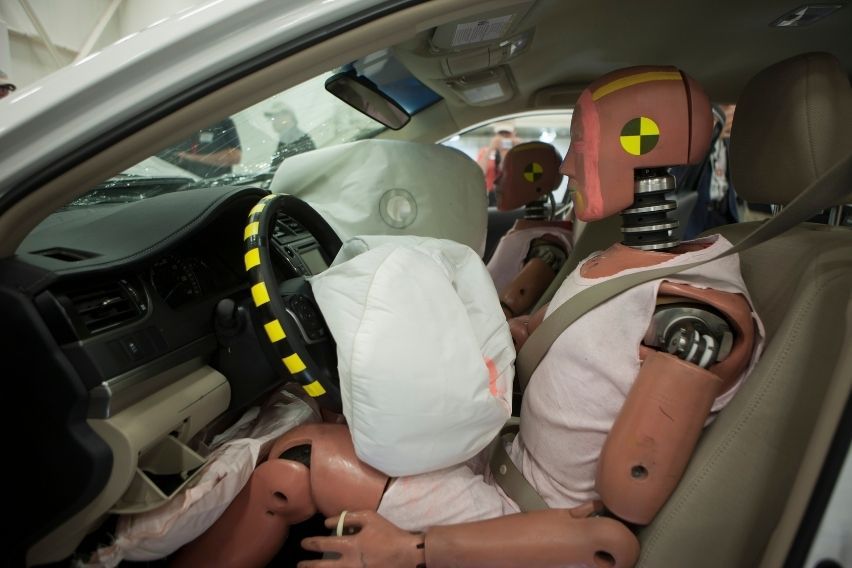
Projects are chosen based on how well they fit into CSRC's new research tracks for the next five years — Human-Centric, Safety Assurance, and Assessment — bringing together the team's diverse interdisciplinary expertise. Each project is expected to be finished in a short period of time in order to highlight agility and get faster outcomes.
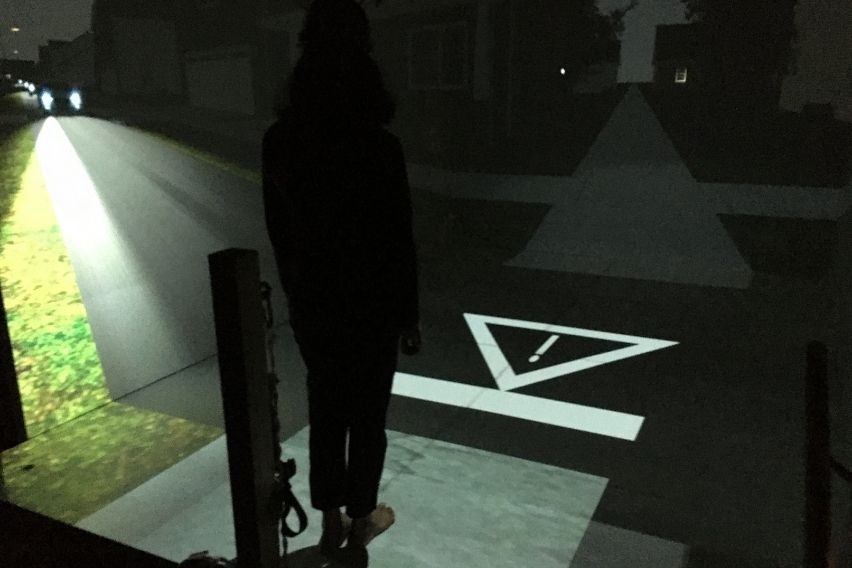
Additional projects are being reviewed by CSRC, which will be announced at a later date. CSRC will also explore new partnerships that might bring new insights and research methods to focus on the safety challenges that affect at-risk and vulnerable individuals.

CRSC also released a thought leadership paper outlining CSRC Next, its previous research program that ran from 2017 to 2021. This phase featured a US$35-million research investment centered on the problems and potential of autonomous and connected vehicle technology in the coming decade.
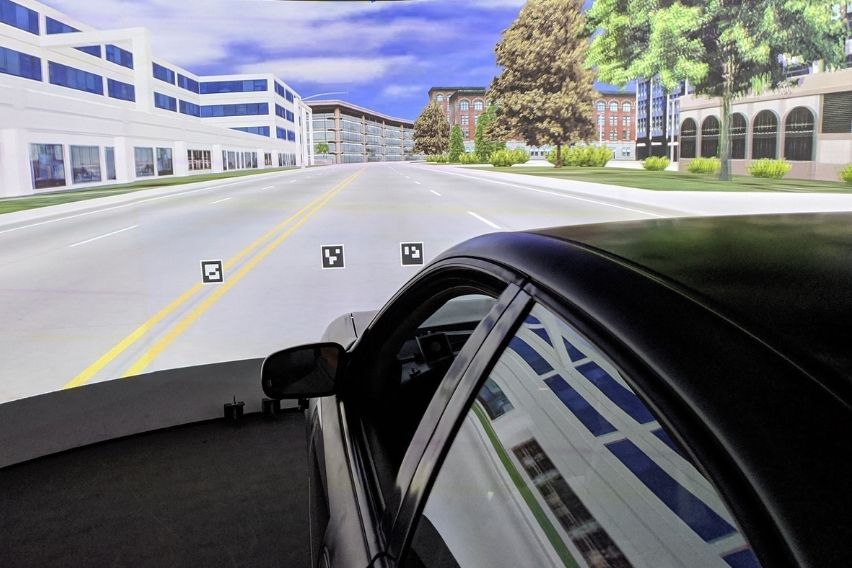
In 2011, Toyota established the CSRC to promote traffic safety for the industry and society by forming open partnerships with universities, hospitals, and other organizations. Over the course of its first 10 years, the CSRC has received US$85 million in funding for foundational safety research, such as variables that lead to distracted driving and the creation of instruments and testing methods for the implementation of advanced driver assistance systems (ADAS).
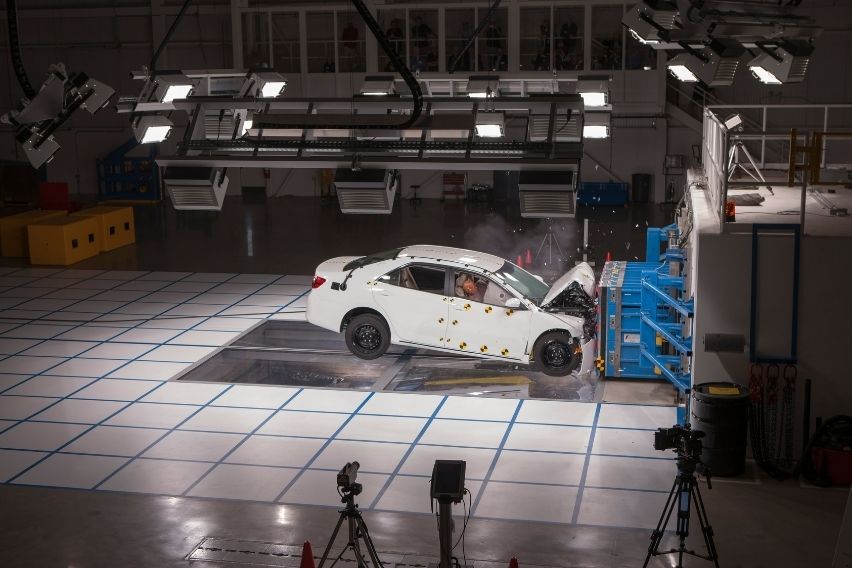
Since its foundation, CSRC has accomplished 85 research projects with over 30 different institutions, issued over 260 research papers, and involved over 300 researchers, all of whom have publicly disseminated their findings around the world. The projects have contributed significantly to the advancement of research and technology for the safe adoption of future mobility solutions for everyone.
Photos from Toyota
Also read: Nissin Foods develops personalized delicious and healthy meals for Toyota's Woven City
Sell your car at the best price
 Verified and genuine buyers
Verified and genuine buyers
Toyota Car Models
Trending & Fresh Updates
- Latest
- Popular
You might also be interested in
- News
- Featured Stories
Toyota Featured Cars
- Latest
- Upcoming
- Popular
Toyota Car Articles From Carmudi
- journal

